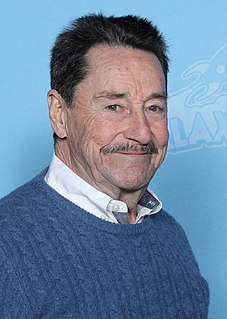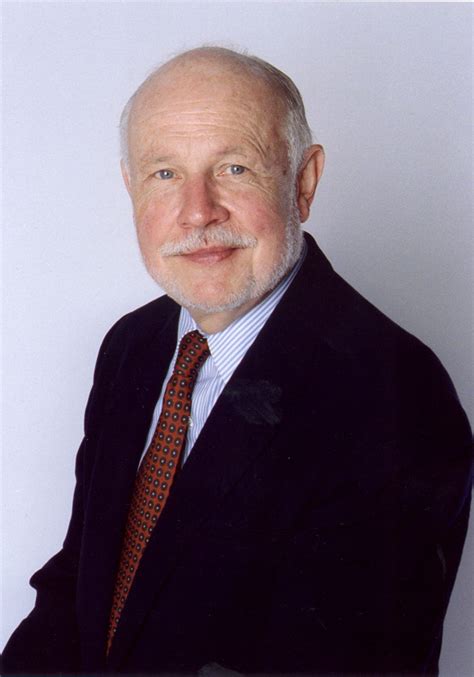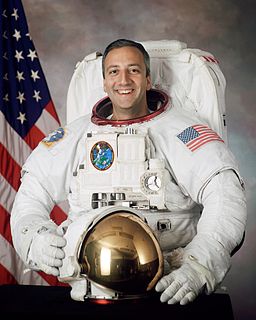A Quote by Arthur C. Clarke
The inspirational value of the space program is probably of far greater importance to education than any input of dollars... A whole generation is growing up which has been attracted to the hard disciplines of science and engineering by the romance of space.
Related Quotes
We've been surrounded by images of space our whole lives, from the speculative images of science fiction to the inspirational visions of artists to the increasingly beautiful pictures made possible by complex technologies. But whilst we have an overwhelmingly vivid visual understanding of space, we have no sense of what space sounds like.
The apologists for space science always seem over-impressed by engineering trivia and make far too much of non-stick frying pans and perfect ball-bearings. To my mind, the outstanding spin-off from space research is not new technology. The real bonus has been that for the first time in human history we have had a chance to look at the Earth from space, and the information gained from seeing from the outside our azure-green planet in all its global beauty has given rise to a whole new set of questions and answers.
I'm always involved with the Aerospace Program and NASA and Goddard Space Flight Center. And if kids feel so inclined, they can log onto NASA and the Optimus Prime Spinoff Award, which we present every year to some of the brilliant young minds that are taking up into the academics of space, science, technology, math.
I had always been interested in the space program, and I didn't know if I could be an astronaut like I'd dreamt about when I was a little kid - to me it sounded kind of silly, someone grow up to be an astronaut - but, when I was in my 20s, I thought maybe I can get a job with NASA or a contractor, do something with the space program.
In 2009 I went up on the space shuttle. I was in space for 16 days and docked at the space station for 11 days. The entire crew did five space walks, of which I was involved with three of them. When you're doing a space walk, you always have a buddy with you. It's a very dangerous environment when you're doing a space walk.





































